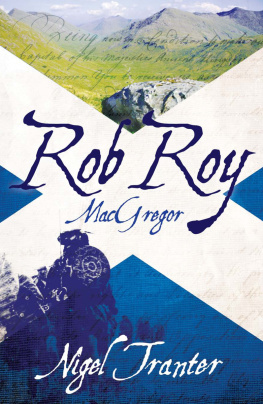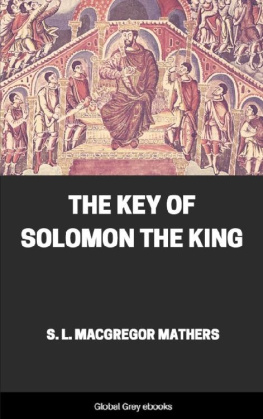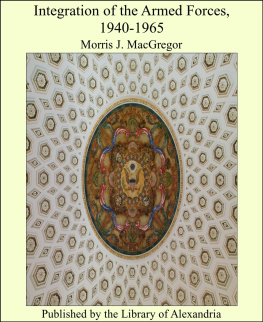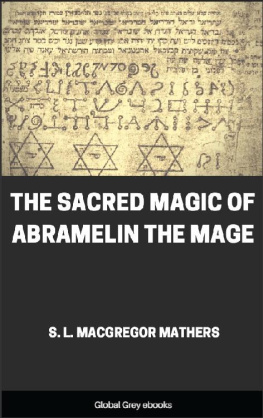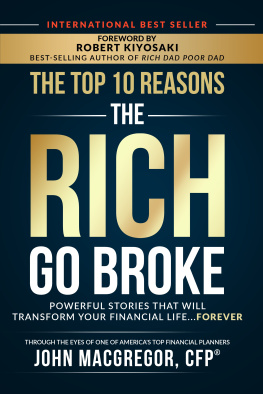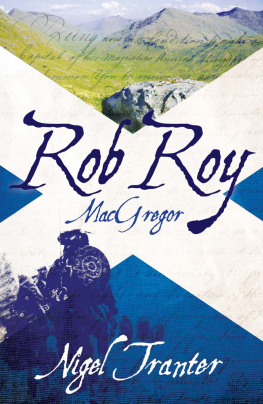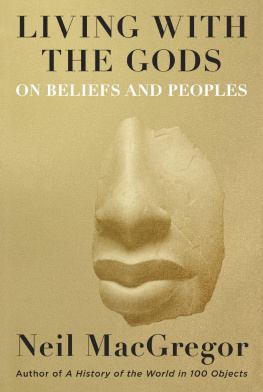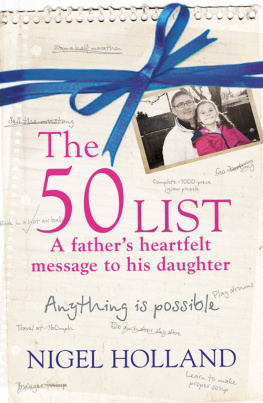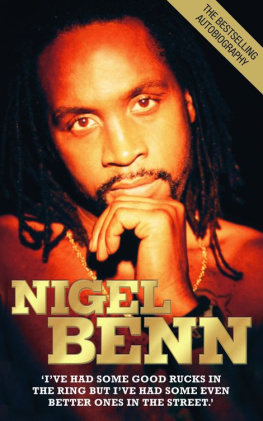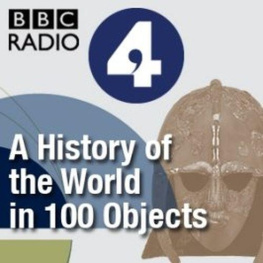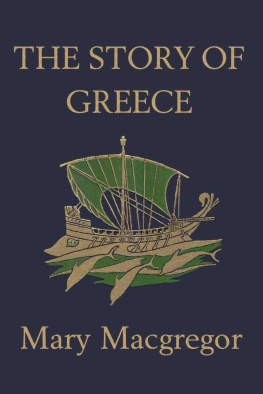Nigel Trantner - Rob Roy MacGregor
Here you can read online Nigel Trantner - Rob Roy MacGregor full text of the book (entire story) in english for free. Download pdf and epub, get meaning, cover and reviews about this ebook. year: 2012, publisher: Neil Wilson Publishing, genre: Detective and thriller. Description of the work, (preface) as well as reviews are available. Best literature library LitArk.com created for fans of good reading and offers a wide selection of genres:
Romance novel
Science fiction
Adventure
Detective
Science
History
Home and family
Prose
Art
Politics
Computer
Non-fiction
Religion
Business
Children
Humor
Choose a favorite category and find really read worthwhile books. Enjoy immersion in the world of imagination, feel the emotions of the characters or learn something new for yourself, make an fascinating discovery.
- Book:Rob Roy MacGregor
- Author:
- Publisher:Neil Wilson Publishing
- Genre:
- Year:2012
- Rating:5 / 5
- Favourites:Add to favourites
- Your mark:
- 100
- 1
- 2
- 3
- 4
- 5
Rob Roy MacGregor: summary, description and annotation
We offer to read an annotation, description, summary or preface (depends on what the author of the book "Rob Roy MacGregor" wrote himself). If you haven't found the necessary information about the book — write in the comments, we will try to find it.
Rob Roy MacGregor — read online for free the complete book (whole text) full work
Below is the text of the book, divided by pages. System saving the place of the last page read, allows you to conveniently read the book "Rob Roy MacGregor" online for free, without having to search again every time where you left off. Put a bookmark, and you can go to the page where you finished reading at any time.
Font size:
Interval:
Bookmark:

THE WRITER ON Rob Roy MacGregor is faced with a surprising problem surprising in that while his subject is famous, known the world over, comparatively little authentic source material is available. Even now not much factual history actually devoted to him has been written, although references to him in works dealing with the contemporary historical scene are legion. The majority of Robs exploits have been handed down in local tradition, by word of mouth, in the true Gaelic and Highland practice, via what is sometimes called the national memory by no means the most accurate of media, however excellent a picture it is apt to give of the character of the subject. Sir Walter Scotts renowned novel, with its notes, which has been so largely responsible for spreading the fame of Rob Roy beyond Scotland, is more valuable for its introduction than for the novel itself, which deals with only a small fraction of a long and exciting life and even so relies heavily on tales collected in the MacGregor country almost a century after Robs death. To some extent, Scotlands Rob Roy has a resemblance to Englands Robin Hood in more than his character and exploits, although the latter may be a wholly legendary figure.
While the main outline of Robs career is known and recorded, the author has to pick and choose for his details amongst the great mass of semi-legendary tales, seeking to select what can best be substantiated, what the known events of the times make to seem most likely and what best agrees with his interpretation of the heros character; an operation allowing scope for considerable latitude in presentation. The following account must be accepted therefore as one mans selection to interpret a complex and somewhat mysterious character.

ONE OF ROB Roys SIGNATURES
THE SCARLET AND orange of a stormy sunset, flaming above the purple-black peaks of Ben Lomond and its attendant mountains, made the young mans fiery red hair positively seem to blaze above his ruddy features. His eyes flashed too, but that was but little the effect of the sunset, for those notably light blue eyes were apt to flash, especially when their owner was roused which was often. He was roused now, as he pointed back towards a dark knoll behind him, and ordered his score of fierce MacGregor clansmen to retire to its cover and to keep their steel sheathed. Quietly as he spoke, and in the soft Gaelic, his voice quivered a little, an extraordinarily gentle, even mild voice for so fierce-seeming a character.
His men or more properly his elder brothers men did not accept any such unpopular command without question. Highland clansmen did not necessarily obey orders like enlisted soldiers, since each considered himself to be a gentleman and in some sort of kinship to his chieftain. The order to retire, and before a mere rabble of Lowland cottagers, was not such as Highlanders could readily swallow, MacGregors especially, even though the odds might be five to one. A low rumbling growl supported the protest of a giant of a man in ragged tartan and sleeveless calfskin jerkin.
The red-headed young man frowned, and stabbed again with his finger towards the dark, tree-clad hillock, briefly insisting and though he did not raise his soft voice, there was no mistaking the tenseness or the determination behind it. Then he smiled suddenly, widely, infectiously, and pointed out to his friend Ewan Mor MacGregor that this was a special occasion, that they were here on business after all, and not pleasure.
The tension ebbed at once; the men shrugged, dropped their hands from sword and dirk, some even grinned. Silently, swiftly, like shadows, they slipped away from the last squat, low-browed, thatched cottages of the village of Buchlyvie towards the small birch-grown hummock that lay 100 yards or so northwards, nearer to the vast watery wastes of the Flanders Moss.
Even so, their withdrawal must have been observed, probably by women from some of the nearer cot-houses, for there were high-pitched shouts and an answering roar from the dense throng of men advancing up the narrow village street the dark moving mass that, in the fading half-light of the sunset, had at first been mistaken for the great herd of cattle for which the MacGregors had been waiting.
Reassembled among the birch trees on the knoll, the fierce group around the young man waited again, the red and green MacGregor tartan of their kilts and plaids hardly distinguishable against the russet bracken and September leafage in the sunset glow. Nevertheless, their presence there was quickly discerned, and the angry, noisy crowd came on towards them, brandishing pitchforks, sickles and cudgels. There might have been 100 villagers against the score of Highlanders.
With exclamations at the insolence of these Lowland clodhoppers, the clansmen were beginning to edge forward again, when once more they were stopped. Despite his commanding ways, the man who restrained them was quite the youngest among them, a mere 20 years old. But for all his open boyish features and silky, carroty beard, he presented no undeveloped or unimpressive appearance, dressed not in a kilt but in close-fitting trews long tartan tights that hugged his muscular legs almost as far as the ankle silver-buckled brogues, a piebald calfskin doublet, MacGregor plaid about chest and one shoulder, and on his head a blue bonnet enhanced by a single up-thrusting eagles feather. At first sight he seemed to be only of medium height, but a second glance would reveal that he was taller than almost everyone around him only his height was dwarfed by the enormous width of his shoulders. Unkind critics said that he was in fact deformed, so wide and massive was his torso, so barrel-like his chest above comparatively slender hips and very slightly bowed legs. His was a peculiar physique, certainly, but one that gave a tremendous impression of strength and vigour, an almost sinister quality of aggressive energy that was further reinforced by the extraordinary length of his arms arms so long that he could tie the garters of his tartan hose without stooping. Armed now with a broadsword hanging on a shoulder-belt, a great dirk at his waist, and a sgiandhu or lesser dagger tucked into his garter, his aspect but little matched the gentle lilting voice, and the pleasant friendly smile which transformed his features.
He managed to still his companions grumbling complaint about the utter unsuitability of running away from a few Lowland peasants by demanding whether any of them had ever seen Rob Roy MacGregor running away from anything except perhaps Ewan Mors terrible wife, and even then not so fast as her own husband. And while he still had them smiling he went on more seriously to point out that their chieftains, his own fathers freedom, perhaps even his life, depended on this enterprise. For Glengyles sake, there must be no mistake this night, no losing of the cattle through any foolish entanglement with the villagers.
It was the year 1691, and Colonel Donald MacGregor of Glengyle, Rob Roys father, had been a prisoner in Edinburgh Castle for two long years. The Clan Gregor had always been loyal supporters of the royal house of Stewart Jacobites as they were being called now that King James was an exile in France and Dutch William sat on the throne in London and Colonel Donald had led a Gregorach regiment in the campaign which collapsed after the Battle of Killicrankie. He had been captured. The government were now prepared to free him, as they had done most others, for he was an elderly man and ill but they demanded a large ransom not all of which would find its way into the treasury, for government in 1691 was corrupt indeed.
Font size:
Interval:
Bookmark:
Similar books «Rob Roy MacGregor»
Look at similar books to Rob Roy MacGregor. We have selected literature similar in name and meaning in the hope of providing readers with more options to find new, interesting, not yet read works.
Discussion, reviews of the book Rob Roy MacGregor and just readers' own opinions. Leave your comments, write what you think about the work, its meaning or the main characters. Specify what exactly you liked and what you didn't like, and why you think so.

